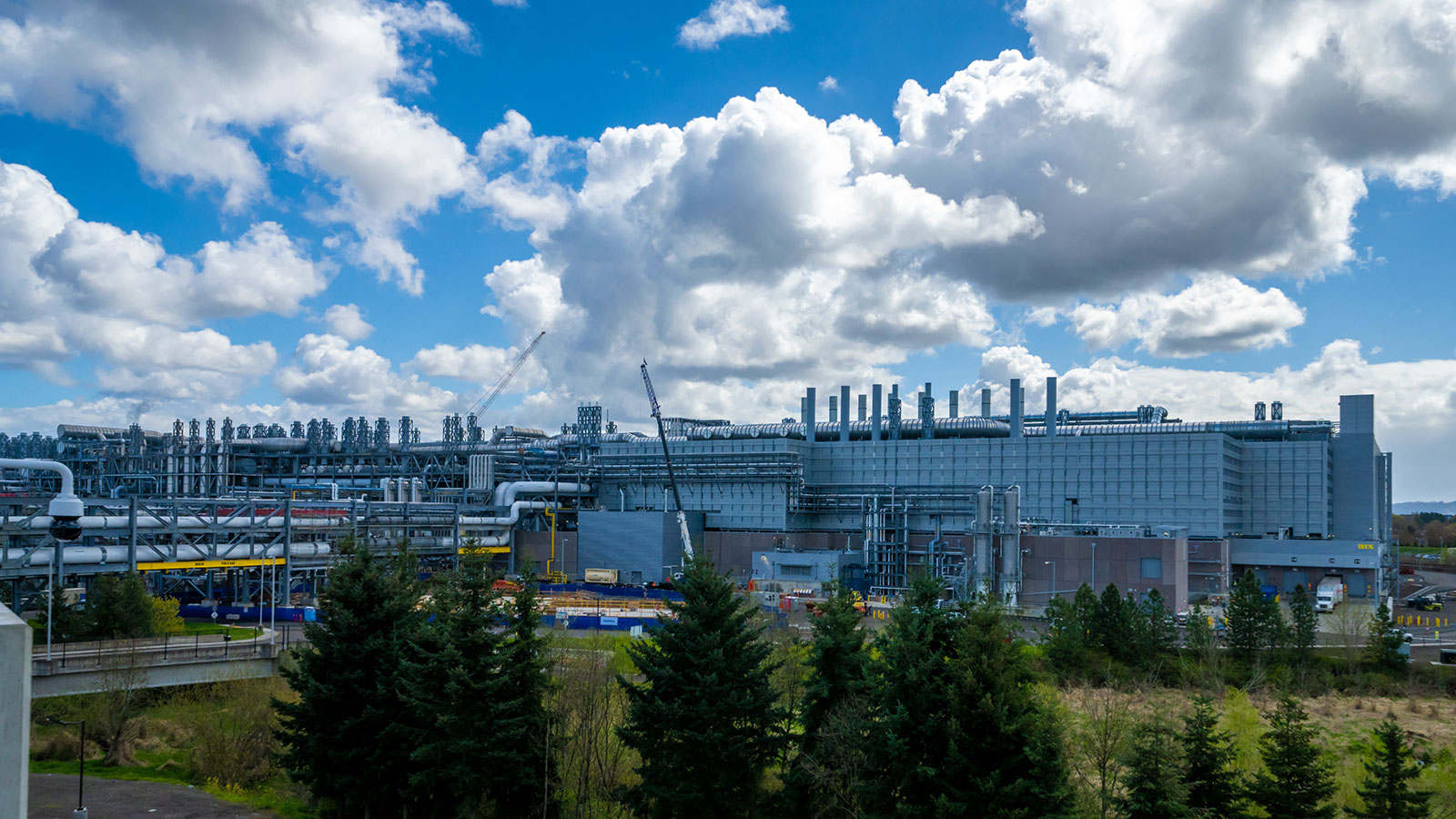
Pat Gelsinger has expressed frustration with how slow the U.S. CHIPS and Science Act is working. The Intel CEO was speaking in an interview with the executive editor of Yahoo! Finance, Brian Sozzi. Since President Joe Biden enacted the law, Intel has invested over $30 billion in its U.S.-based manufacturing facilities while receiving zero from the American government.
"We see the CHIPS Act as a critical thing that we have invested a lot of energy to," said Gelsinger. "As we said on our [earnings] call, we are disappointed by the time it is taking to get it done: it is well over two years since the CHIPS Act passed and over that period I have invested $30 billion in U.S. manufacturing and we have seen $0 from the CHIPS grants. This is taking too long, we need to get it finished."
Indeed, since the enablement of the CHIPS and Science law, Intel has started to package chips at its advanced packaging facility in New Mexico and began to construct new fabs in Arizona and Ohio. Due to lower-than-expected demand for CPUs and a very slow start of Intel Foundry as a contract chipmaker, Intel had to delay the Ohio campus launch by a couple of years, but the company did invest a lot in its facilities in the U.S. It should of course be mentioned that Intel has already received $3 billion in Secure Enclave funding for military chips.
"That said, we are working closely with the CHIPS Office, and constructively engaging with them to finish what we started," Gelsinger said. "But I also want to point out that [the CHIPS Act contains] the grants and the tax [cuts] pieces - and tax pieces are about three times larger than the grants piece of the CHIPS Act. With that, we do see that that continues [as] part of tax law at this point, so we will still see that benefit."
While Intel has been granted some $8.5 billion in direct investment, up to $11 billion in loans, and a 25% investment tax credit of up to $100 billion, it still has to see that $8.5 billion. As a result, Intel had to ensure that it could build its fabs even without direct funding from the U.S. government. As a result, Intel kicked off its Semiconductor Co-Investment Program (SCIP), which in the case of its Fab 52 and Fab 62 in Arizona means that these production facilities will be operated by Intel, but 49% co-owned by Brookfield Asset Management.
"We have made sure that we have the financial structure that allows us to finish with or without CHIPS Act dollars," said the head of Intel. "We will make sure that we execute on the strategy that we have laid out, but we do look forward to finishing what we started with the CHIPS Act, the most important piece of industrial policy legislation in the U.S. and something we proudly participate in."







